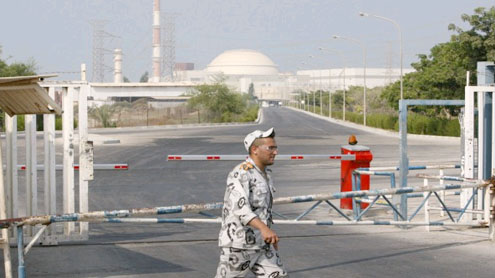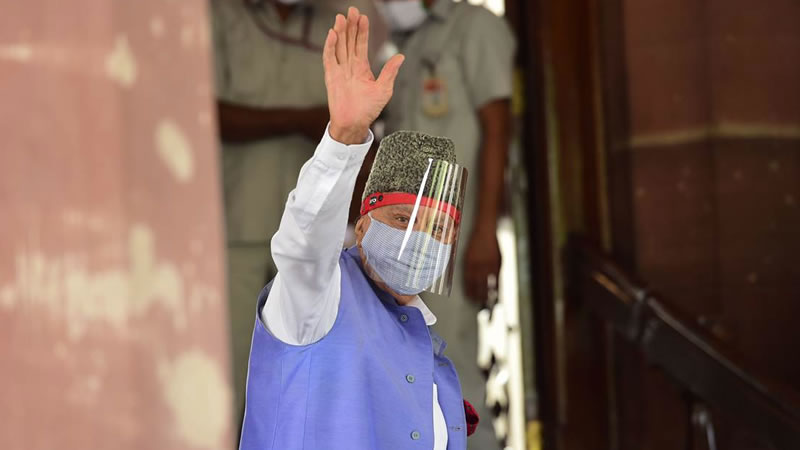 The United States and five other countries agreed to new talks with Iran on Tuesday, offering a diplomatic path to resolving the Iranian nuclear crisis after months of bellicose rhetoric that roiled markets and sparked fears of a new Middle Eastern war.
The United States and five other countries agreed to new talks with Iran on Tuesday, offering a diplomatic path to resolving the Iranian nuclear crisis after months of bellicose rhetoric that roiled markets and sparked fears of a new Middle Eastern war.
European Union officials in Brussels formally accepted an Iranian proposal to restart negotiations on its nuclear program, clearing the way for the first such meeting in more than year. The Obama administration cautiously welcomed the plan for talks but said the onus was on Iran to prove its sincerity.“We will have a pretty good sense fairly quickly as to how serious they are,” President Obama told a news conference hours after the talks were announced. He called on Iran to agree to steps that would “provide the world with assurance that they’re not pursuing a nuclear weapon.”
“And they know how to do that,” he added.The new talks — which are expected to begin within weeks — would be the most significant de-escalation of a crisis that has been gathering steam since November, when U.N. nuclear officials publicly confronted Iran with allegations about past nuclear-weapons research.Since then, Western countries have hit Iran with increasingly stringent economic sanctions and warnings of possible military strikes, while Iran has threatened to shut down international shipping lanes in the Strait of Hormuz.
E.U. foreign affairs chief Catherine Ashton notified Iranian officials in a letter that world powers were prepared to begin a “sustained process of dialogue aimed at producing concrete results.”The talks would include the five permanent members of the U.N. Security Council — the United States, Britain, France, Russia and China — as well as Germany.“Our overall goal remains a comprehensive negotiated, long-term solution which restores international confidence in the exclusively peaceful nature of Iran’s nuclear program,” Ashton wrote in the letter to Saeed Jalili, the secretary of Iran’s Supreme National Security Council.
Jalili had raised the possibility of a meeting in a letter to E.U. officials last month, prompting weeks of discussions among U.S. and allied countries over whether the offer was sincere.Ashton warned the Iranians in her letter that they must “engage seriously and without preconditions,” wording that reflected Western concerns that Iran might seek to use negotiations to divide its adversaries and buy more time to build up its enriched-uranium stockpile.
A successful resumption of talks would represent a victory for the Obama administration, which mobilized dozens of countries in an effort to apply economic and political pressure on Iran. Obama has meanwhile pressed Israel not to launch a military strike against Iran’s nuclear facilities, arguing that economic sanctions could yet result in a diplomatic solution.At the White House news conference Tuesday, Obama vigorously defended his dual-track policy of sanctions and diplomacy, and he scolded his would-be Republican rivals for what he termed “casual” talk about taking the United States to war with Iran. – WP












